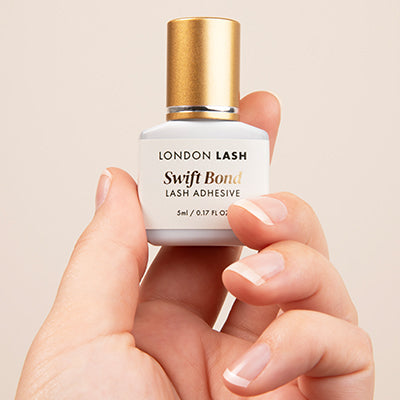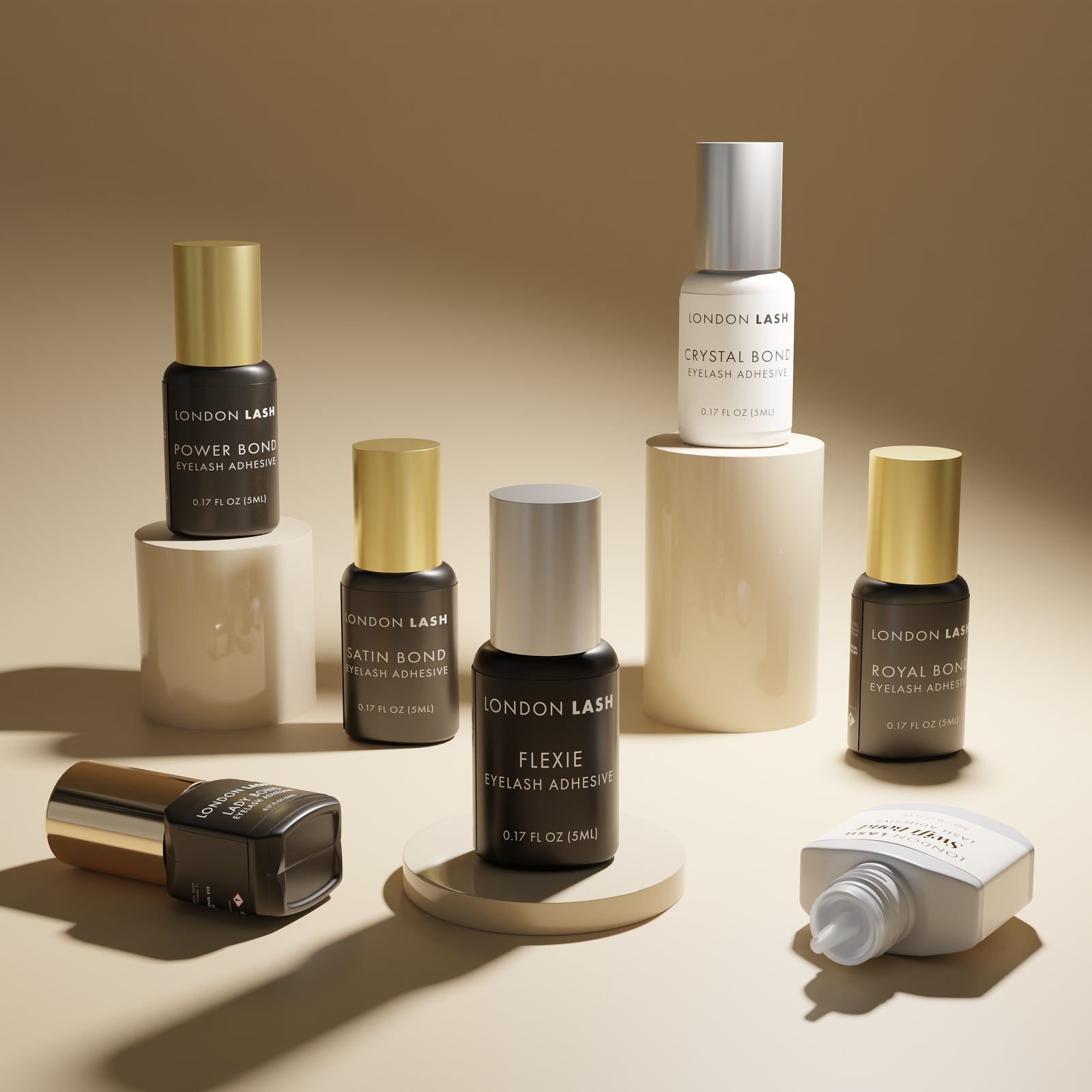FREE STANDARD SHIPPING FOR ORDERS OVER $99!
FREE STANDARD SHIPPING FOR ORDERS OVER $99!
New In
Glues & Liquids
Lashes
Ebooks

Mastering the Art of Dealing with Difficult Nail Clients
January 18, 2024 4 min read
Mastering the Art of Dealing with Difficult Nail Clients: Essential Tips for Nail Technicians
With any beauty-service career, you may sometimes face the challenge of dealing with difficult customers. This blog post, crafted with professional Nail Technicians in mind, aims to provide insightful strategies for managing challenging client interactions. Ensuring client satisfaction while maintaining your own peace of mind is a delicate balance, and this guide is here to help you navigate difficult situations with ease.
Understanding the Client's Perspective
The first step in dealing with difficult customers is empathy. Putting yourself in the client's shoes and understanding their concerns about nail design, appointment timings, or service quality can significantly change the way you approach the situation. Active listening plays a crucial role here. Paying close attention to what the client is saying and repeating their concerns not only shows that you are listening but also helps in clarifying their needs. An example of this is if a client is late due to no fault of their own, you can explain to your clients that the results may be a little different from what they had in mind, but you will do what you can in the time available.

Effective Communication Skills
Communication is key in the beauty industry. When discussing nail care options or addressing concerns, it's important to use simple, clear language. Avoiding industry jargon that might confuse clients can prevent misunderstandings. Also, framing your responses positively can make a big difference. For instance, if a client requests a service you don't offer, suggesting alternatives rather than outright refusal can keep the conversation constructive and still provide your client with the desired outcome.
Maintaining Professionalism
Professionalism is your armor against difficult situations. Staying calm and composed is crucial, as a calm demeanor can often defuse a tense situation. It's also important to set boundaries and politely assert your policies regarding appointment cancellations, service charges, and acceptable behavior in your salon. Before you allow a client to book an appointment, it’s always best to relay any policies you may have, whether that is to do with deposits, cancelations, or late arrivals. Every detail given to your clients can help you in case they try to work around your policies down the line. It’s also important to set boundaries from a personal point of view around how you expect clients to treat you. You should never accept abusive language or behavior or something that makes you uncomfortable. Remember to stand up for yourself in a calm manner whilst remaining as professional as possible.

Conflict Resolution Techniques
Identifying the root cause of the customer's dissatisfaction is essential. Whether it's a miscommunication, a service mishap, or unrealistic expectations, understanding the underlying issue can guide you to an effective solution. Offering solutions that align with your salon's policies, whether it's redoing a nail service or offering a discount on their next visit, can help resolve conflicts amicably. If a client is simply rude without reason, remain composed and polite. Offer an alternative and if that too does not satisfy your client, simply refuse service in a polite manner.
Personalizing the Customer Experience
Understanding and remembering client preferences can turn a difficult customer into a loyal one. Keeping records of these preferences and occasionally going above and beyond can transform a negative experience into a positive one.

Dealing with Unreasonable Demands
It's important to recognize when a client's demands are unreasonable or beyond your scope. Politely explaining what can and cannot be done is key. If a situation escalates and you are made to feel uncomfortable, then you have every right to ask them to leave or refuse a future booking.
Stress Management for Nail Technicians
Dealing with difficult customers can be stressful. Taking regular breaks is essential for maintaining your composure and delivering high-quality service. Engaging in activities outside of work that reduce stress and promote well-being is also crucial for your mental health. It can be easy to take these things personally, particularly when you care about your work. However, it’s important to remember that you can’t be the perfect Nail Tech for everyone! Some client relationships won’t work out, and that’s okay.
Building a Loyal Clientele
Following up with a client after resolving a difficult situation shows that you care about their satisfaction. Encouraging clients to provide feedback not only shows that you value their opinions but also helps you improve your services.

Leveraging Negative Experiences for Growth
Every difficult customer provides a learning opportunity. Reflecting on these experiences can enhance your skills. Consider attending workshops or courses on customer service and conflict resolution to further develop your abilities.
Dealing with difficult customers is an integral part of being a Nail Technician in the beauty industry and is something that will occur sooner or later in your career. By employing empathy, maintaining professionalism, and utilizing effective communication and conflict-resolution skills, you can turn challenging interactions into opportunities for growth and customer retention. The goal is not just to manage difficult customers but to excel in customer service, ensuring every client leaves your salon feeling valued and satisfied.
Check out these featured products
Subscribe
Sign up to get the latest on sales, new releases and more …



















